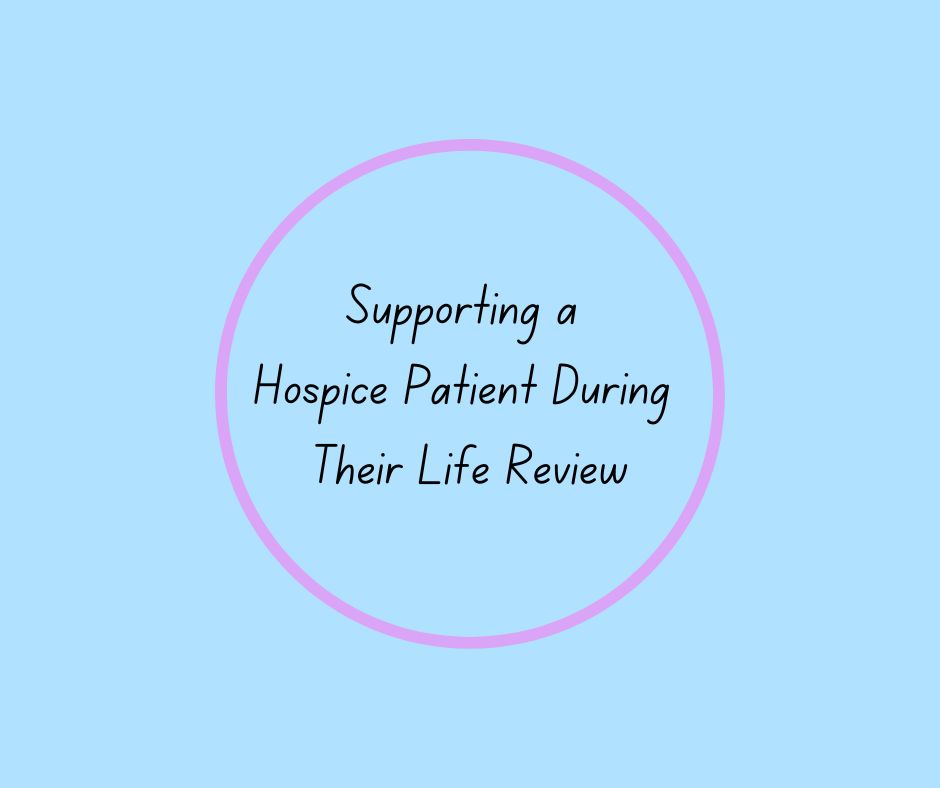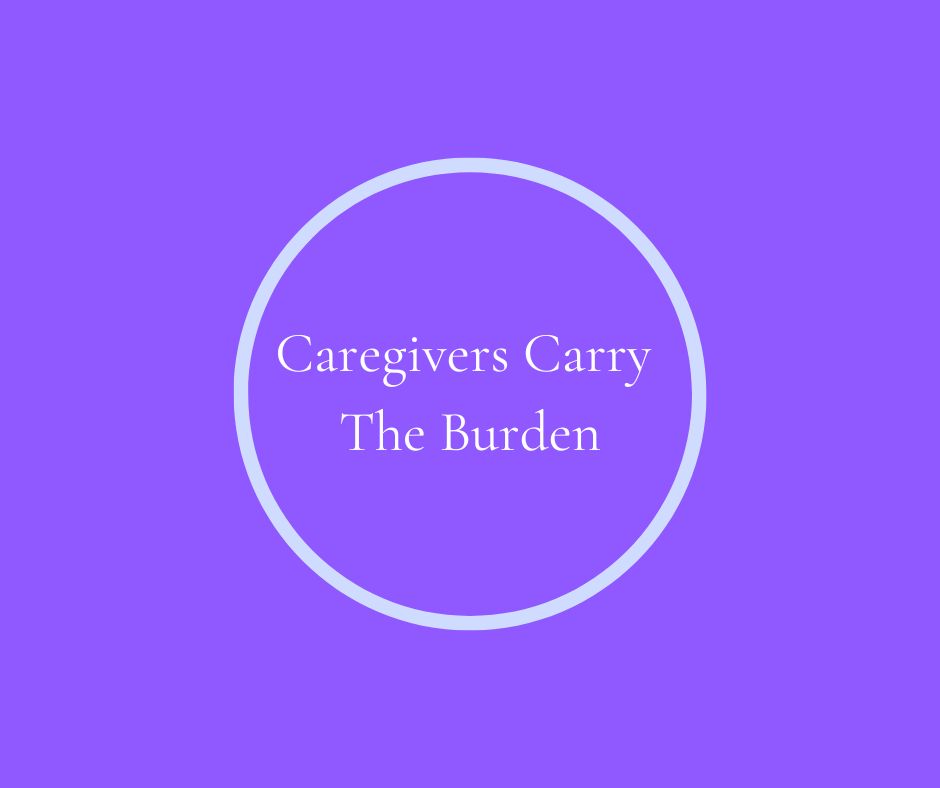I’m writing a book about the experiences I’ve had in working with end of life. What keeps appearing throughout the chapters is “over a cup of coffee” or “sitting at the kitchen table.” A lot of time spent talking, becoming acquainted, and listening to life and relationship stories. We talk about living and their life, rather than about the disease or their symptoms.
It got me thinking about how different end of life work is compared to regular medicine. All the hours of talking, drinking coffee, and eating homemade pies was time spent healing, building trust, and educating. It wasn’t about blood pressures. It was about people, feelings, and fears.
Sadly, over the years, that time spent has become a liability to the bottom line. Hospice has taken on a more business-like approach to healthcare. With that loss of time has come a loss of trust and a loss of education.
Caregivers - actually most of us - don’t understand how people die. As I say quite frequently, “people don’t die like they do in the movies.” It is our job as end of life workers to teach the differences, to explain what dying looks like and what to do while it is happening. Educating while building trust is part of our work.
With trust, caregivers/ families will understand the scary parts, the messy parts, the noises of dying, and won’t resort to blame and accusations that hospice caused the decline.
Trust is earned, and a big part of earning trust is time spent getting to know each other. And that is done over a cup of coffee, and sitting next to each other on the sofa while having unhurried conversations.
During the time spent we, the professional, learn not just the disease history but of relationships, fears, insecurities, and family dynamics. The caregiver learns what dying will be like, why and how medications work, how food becomes less important, and how time lovingly spent with their person is the most important time there is.
Everyone is learning. The caregiver comes to understand that this time can be a sacred time rather than a scary time. For the professional, it is information gathering and time for trust-building.
If we spend the time educating and building trust, when the end of life does come, the caregiver won’t be writing to me saying “hospice killed my mom.”
Something More… about I Believe Hospice is About Healing, Building Trust and Educating
In my book, The Final Act of Living, Reflections of a Long-time Hospice Nurse, I write about the “early days” of hospice as we were figuring out how to apply this new end of life care philosophy in the US.






